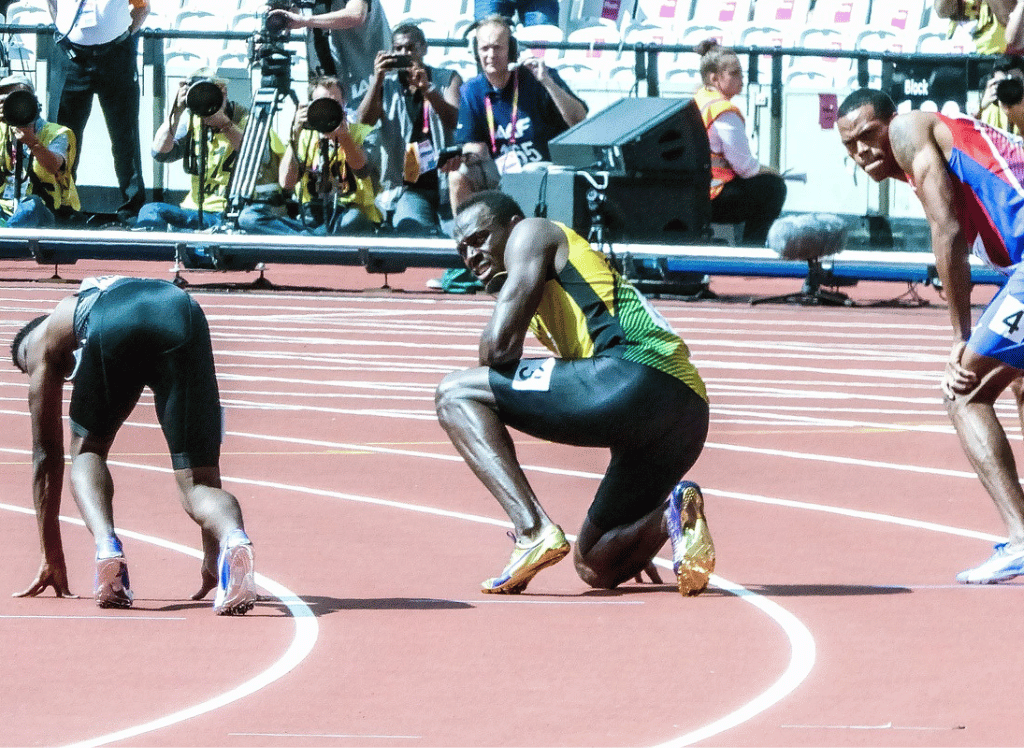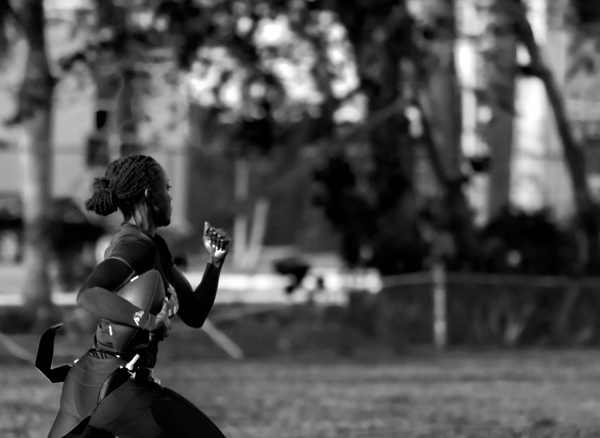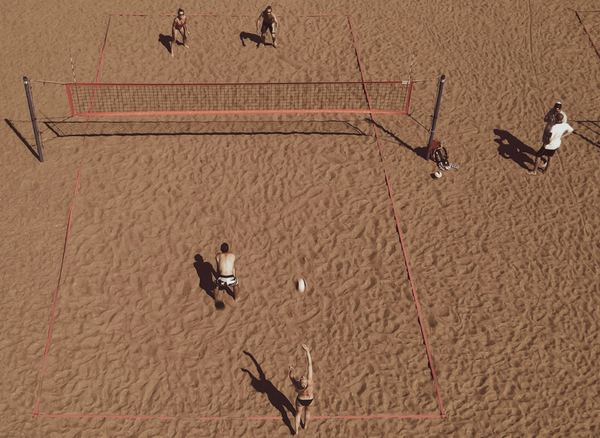When you think of Olympians, you might picture them standing proudly on the podium, medals gleaming in the sunlight. But how much do Olympians make? The answer is as varied as the sports they compete in. Each country's Olympic committee has their own compensation schedule. In short, some athletes rake in the dough through endorsements, and others struggle to make ends meet.
Olympic Medal Bonuses
Winning medals at the Olympics can be a game-changer for some athletes. The United States Olympic and Paralympic Committee (USOPC) offers $37,500 for a gold medal, $22,500 for silver medals, and $15,000 for bronze medals. But that's just the tip of the iceberg. Countries like Singapore offer a whopping $700,000 for a gold medal, and Hong Kong offers even more at around $770k, making it a lucrative incentive for athletes.
However, not all countries are as generous. Some nations provide little to no financial reward for winning medals, leaving athletes to rely on other sources of income. This disparity highlights the financial challenges many athletes face, even at the pinnacle of their careers.
The Real Money Makers
While Olympic medal bonuses are nice, the real money often comes from sponsorships and endorsements. Top athletes like Usain Bolt and Michael Phelps have secured multi-million dollar deals with major brands. These lucrative sponsorship deals can provide a steady income stream, allowing athletes to focus on their training without financial worries.
But not every athlete is a household name. Many athletes struggle to attract sponsors, especially those in less popular sports. This lack of financial support can make it difficult for them to compete at the highest level, highlighting the need for more equitable funding across all sports.
Government Funding and Financial Support
Government funding plays a crucial role in supporting Olympic athletes. In countries like the UK and Australia, national governing bodies provide financial support to athletes, covering training costs, travel expenses, and more. This support can be a lifeline for athletes, allowing them to focus on their sport without worrying about money.
However, government funding is not always guaranteed. Budget cuts and changing priorities can leave athletes without the financial support they need. This uncertainty can be a significant source of stress, making it difficult for athletes to perform at their best.
The Role of National Olympic Committees
National Olympic Committees (NOCs) also play a vital role in supporting athletes. These organizations provide financial assistance, training facilities, and other resources to help athletes succeed. For example, the USOPC offers a range of programs and services to support American athletes, from financial grants to health and wellness programs.
But the level of support varies widely between countries. Some NOCs have substantial budgets and can provide extensive support, while others operate on a shoestring budget. This disparity can create an uneven playing field, with athletes from wealthier countries having a significant advantage.
The Impact of Winning Gold
Winning gold at the Olympics can be life-changing. Not only do gold medalists receive significant financial rewards, but they also gain increased visibility and opportunities for sponsorships and endorsements. This can lead to a substantial increase in income, allowing athletes to secure their financial future.
However, the pressure to win gold can be immense. Athletes often face intense scrutiny and high expectations, which can take a toll on their mental health. Balancing the pursuit of excellence with the need for financial stability is a constant challenge for many athletes.
The Financial Struggles of Paralympic Athletes
Paralympic athletes often face additional financial challenges. While the USOPC offers the same medal bonuses for Paralympic athletes as for their Olympic counterparts, many Paralympians struggle to secure sponsorships and endorsements. This lack of financial support can make it difficult for them to compete at the highest level.
Moreover, the costs associated with training and competing can be higher for Paralympic athletes, who may require specialized equipment and support. This financial burden can be a significant barrier, preventing many talented athletes from reaching their full potential.
International Olympic Committee
The International Olympic Committee (IOC) plays a crucial role in the financial ecosystem of the Olympics. The IOC distributes funds to NOCs and international sports federations, helping to support athletes and promote the Olympic movement. However, the distribution of these funds is not always equitable, with some sports and countries receiving more support than others.
This disparity can create significant challenges for athletes from less wealthy countries or those competing in less popular sports. Ensuring a more equitable distribution of resources is essential to leveling the playing field and supporting athletes from all backgrounds.
The Importance of Financial Literacy for Athletes
Financial literacy is crucial for athletes, who often face unique financial challenges. From managing irregular income to planning for life after sports, athletes need to be savvy about their finances. Programs like the USOPC's Athlete Career and Education (ACE) program provide valuable resources and support, helping athletes to build financial stability and plan for their future.
However, not all athletes have access to these resources. Improving financial literacy and providing more support for athletes can help to ensure that they can focus on their sport without worrying about money.
The Future of Financial Support for Olympians
The financial landscape for Olympians is constantly evolving. With the rise of social media and digital platforms, athletes have more opportunities than ever to build their brand and secure sponsorships. However, the financial challenges remain significant, and many athletes continue to struggle to make ends meet.
Ensuring that all athletes have access to the financial support they need is crucial to the future of the Olympic movement. By providing more equitable funding and support, we can help to ensure that athletes from all backgrounds have the opportunity to succeed.
Olympians Income FAQs
How much do Olympians make from winning medals?
Olympians can earn significant bonuses for winning medals. For example, the USOPC offers $37,500 for a gold medal, $22,500 for a silver medal, and $15,000 for a bronze medal. However, the amount varies widely between countries.
Do all Olympians get sponsorships?
Not all Olympians secure sponsorships. While top athletes can earn substantial income from sponsorships and endorsements, many athletes, especially those in less popular sports, struggle to attract sponsors.
How do Paralympic athletes earn money?
Paralympic athletes can earn money from medal bonuses, sponsorships, and government funding. However, they often face additional financial challenges and may struggle to secure the same level of support as their Olympic counterparts.
Summary
The financial reality for Olympians is complex and varied. While some athletes earn significant income from medal bonuses, sponsorships, and endorsements, many struggle to make ends meet. Government funding, support from National Olympic Committees, and financial literacy programs play a crucial role in supporting athletes. Ensuring more equitable distribution of resources and support is essential to leveling the playing field and helping athletes from all backgrounds to succeed.









